Have you ever eagerly sliced into a freshly baked loaf of bread, only to be met with a disappointingly sour taste?
If so, you’re not alone. The flavor of bread can vary widely, and sometimes, that delightful aroma of warm bread can lead to unexpected sourness.
In this article, I’ll reveal the reasons why bread tastes sour, provide solutions to prevent it from happening and address the causes of sour banana bread. Let’s dive in!
Why Does My Bread Taste Sour – Revealed
When bread tastes sour, it can be due to several factors. Understanding these reasons is crucial in finding solutions to prevent it from happening.
Here are some common causes:
1. Excessive Yeast
If your bread tastes sour, one common culprit is excessive yeast. Using too much yeast in your dough can cause it to ferment rapidly, resulting in that unwanted sour flavor.
To ensure your bread turns out just right, always measure your yeast accurately according to the recipe you’re following.
Too much yeast can throw off the balance and make your bread taste sour.
2. Expired Yeast
Another reason your bread has a sour taste is expired yeast.
Over time, yeast loses its strength, and using expired yeast can lead to incomplete fermentation, leaving your bread with that sour note.
To avoid this, check the expiration date on your yeast container before using it.
Also, make sure to store your yeast in a cool, dry place to prolong its shelf life and maintain its effectiveness.
3. Over-Proofing
Sourness can also sneak into your bread if you’ve let the dough rise for too long.
This extended fermentation period can result in an overly sour flavor. To prevent over-proofing, stick to the recommended rising times in your recipe.
Keep a close eye on your dough’s volume and don’t let it go beyond what the recipe suggests. Proper timing can help you achieve the desired flavor without going too sour.
4. Under-Baking
Under-baking your bread can be a real disappointment, resulting in a gummy texture and, you guessed it, a sour taste.
To ensure your bread turns out perfectly, here’s some Tips:
- Follow the Recipe: Bake for the recommended time.
- Use a Thermometer: Aim for 190-205°F (88-96°C).
- Golden-Brown Crust: Watch for that lovely color.
- Hollow Sound: Tap the bottom for a hollow sound.
5. Overnight Rising
While overnight rising can enhance the flavor of some bread, it can also introduce sourness if not managed correctly.
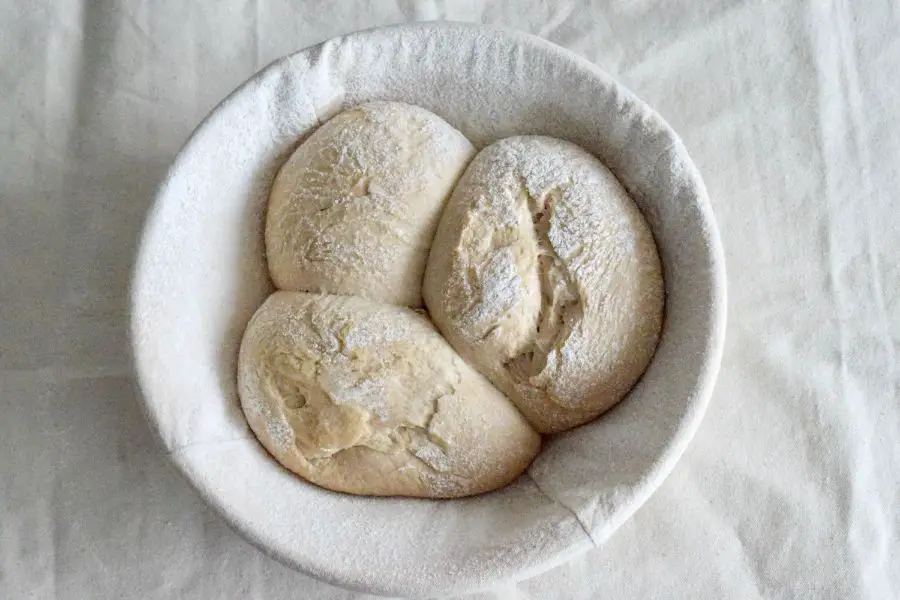
If your recipe calls for an extended rise, consider reducing the amount of yeast used. This will slow down the fermentation process, resulting in a milder flavor.
A careful balance of time and yeast can give your bread the desired depth of flavor without going overboard on the sourness.
How to Prevent Sourness in Bread? 4 Tips
Preventing sourness from bread requires careful attention to the baking process and ingredient selection.
By following these tips, you can minimize the chances of encountering this issue:
1. Fresh Ingredients Are Key
Starting with fresh ingredients is crucial to prevent sour bread. Fresh flour, yeast, and water are the foundation of a good bread recipe.
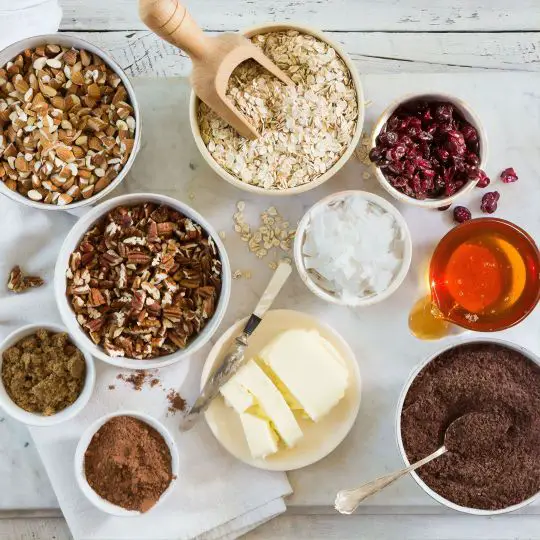
Using stale or expired ingredients can introduce unwanted sour flavors into your bread. For example, expired yeast may have lost its leavening power, leading to a lack of rise and a sour taste.
2. Monitor and Activate Your Yeast
Ensuring your yeast is active and not expired is essential for successful bread making.
To activate dry yeast, use warm water at around 110°F/43°C. This temperature is ideal for yeast activation. Too hot or too cold water can hinder yeast activity.
Let the yeast proof for about 5-10 minutes. During this time, it should start to bubble and foam. This indicates that the yeast is alive and ready to leave your bread dough.
If the yeast doesn’t bubble during the proofing process, it means the yeast is no longer viable, and you should replace it with fresh yeast to avoid sourness in your bread.
3. Don’t Over-Ferment
Over-fermentation can contribute to sourness in bread. Fermentation is the process where yeast consumes sugars and produces carbon dioxide and alcohol.
Extended fermentation times can result in excessive acid production, giving the bread a sour taste.
Factors like temperature and humidity can affect fermentation, so it’s essential to monitor the dough’s progress and adjust the rise time if necessary.
4. Balance Your Recipe
Maintaining a balanced ratio of flour, water, yeast, and salt in your bread recipe is vital to control sourness.
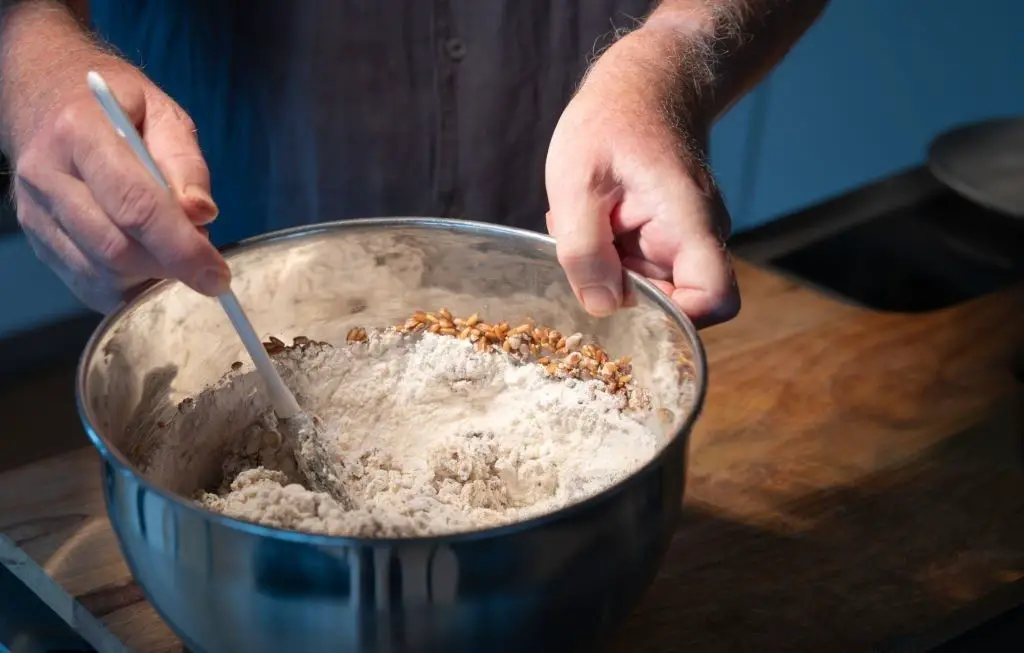
Too much water or yeast can lead to over-fermentation and sour flavors. It’s important to follow the measurements provided in your recipe.
Salt plays a crucial role in bread making by regulating yeast activity and enhancing flavor.
Ensure you use the right amount of salt as specified in your recipe to achieve the perfect balance for your bread.
Why Does My Banana Bread Taste Sour? Top 5 Reasons
If you find that your banana bread tastes sour, it can be attributed to a few specific reasons. Let’s explore them:
1. Overripe Bananas
Overripe bananas are a frequent culprit behind sour-tasting banana bread.
While ripe bananas are known for their natural sweetness and flavor, bananas that have ripened too much can develop a sour taste.
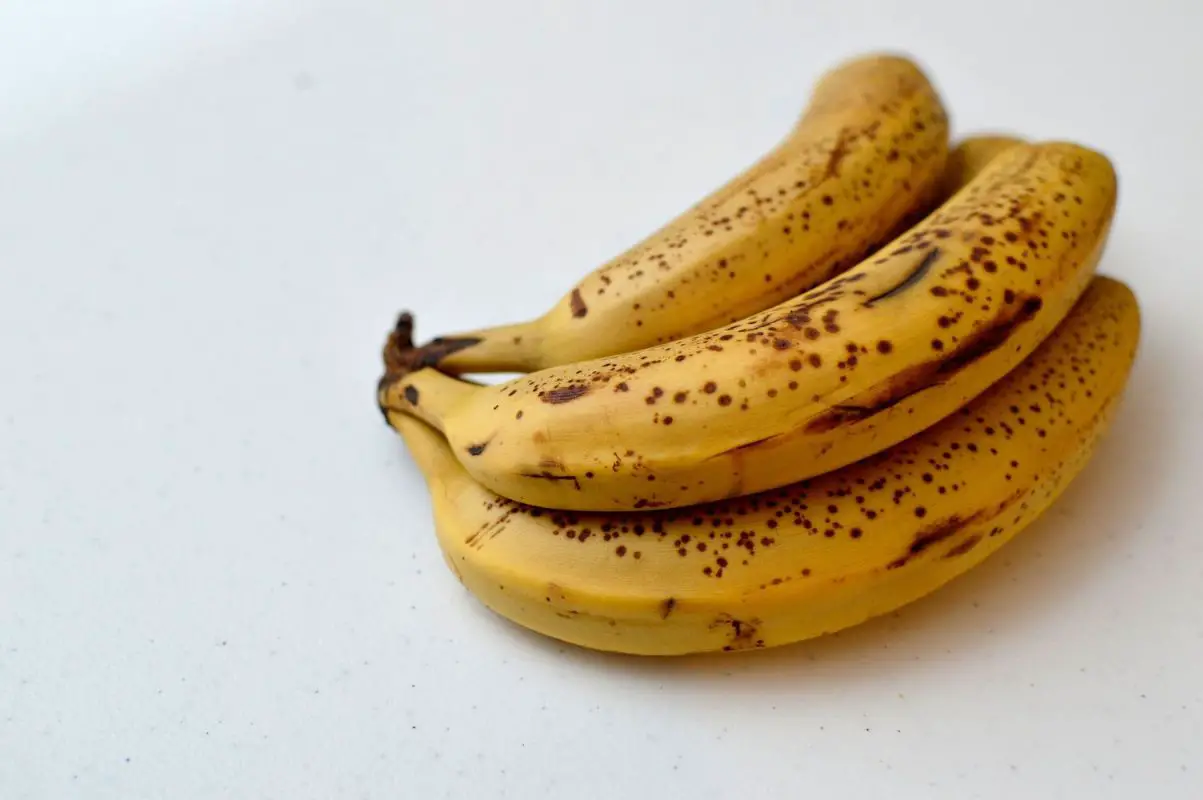
This sourness occurs due to the increased breakdown of sugars in overripe bananas, leading to a more acidic flavor profile.
To avoid this, it’s crucial to use bananas that are ripe but not overly ripe in your banana bread recipe.
Choose bananas that have yellow skins with a few brown spots, as they offer the perfect balance of sweetness and flavor without contributing to sourness.
2. Baking Powder and Baking Soda
The excessive use of baking powder or baking soda in your banana bread recipe can result in an unpleasant sour taste.
Baking powder and baking soda are leavening agents that create carbon dioxide gas when mixed with moisture and heat, causing the bread to rise.
However, too many of these ingredients can make the bread overly alkaline, leading to a sour or metallic taste.
To prevent this, carefully measure the amount of baking powder or soda specified in your recipe, and do not exceed it. Balancing the acidity in the batter is essential to avoid sourness.
3. Spoiled Ingredients
It’s essential to use fresh and unspoiled ingredients in your banana bread, especially when dealing with dairy products like milk or yogurt.
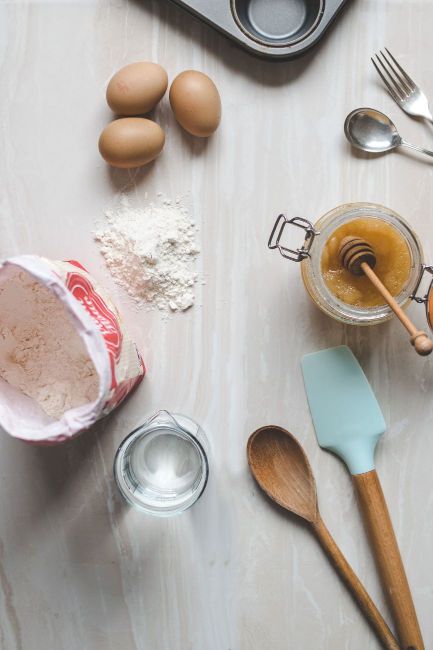
Spoiled dairy products can introduce a sour and off-putting flavor to your banana bread. This sourness results from the presence of harmful bacteria that produce acids as they spoil the ingredients.
To ensure the freshness of your ingredients, check their expiration dates and inspect them for any unusual odors or signs of spoilage before incorporating them into your recipe.
4. Adjust the Ratio of Buttermilk
If your banana bread recipe calls for buttermilk, it’s essential to be aware that buttermilk has a naturally tangy flavor.
The level of tanginess in buttermilk can vary depending on its acidity, and if the sourness is too strong for your taste, consider reducing the amount of buttermilk or using regular milk as a milder alternative.
Adjusting the amount of buttermilk in your recipe allows you to achieve the desired level of tanginess without making the banana bread overly sour.
5. Check Your Equipment
The cleanliness of your equipment, such as mixing bowls and utensils, plays a crucial role in preventing sourness in your banana bread.
Residue or lingering flavors from previous cooking or baking sessions can transfer to your banana bread mixture, causing it to taste sour or off.
To avoid this, make sure to thoroughly clean and rinse your equipment before using them in your banana bread preparation.
This ensures that no unwanted flavors are introduced during the mixing process, preserving the intended taste of your banana bread.
Why Does My Bread Taste Sour – Conclusion
In conclusion, the sour taste in your bread can result from various factors, including excessive yeast, expired yeast, over-proofing, under-baking, overnight rising, and improper ingredient handling.
To prevent sour bread, it’s crucial to start with fresh ingredients, activate and store your yeast properly, avoid over-fermentation, and maintain a balanced recipe.
When it comes to banana bread, watch out for overripe bananas, excessive baking powder or baking soda, spoiled ingredients, buttermilk tanginess, and equipment cleanliness.
By following these guidelines and being mindful of these potential issues, you can enjoy delicious, non-sour bread and banana bread that satisfies your taste buds.
Frequently Asked Questions
Why Does My Bread Smell Sour When I Bake It?
Bread can smell sour during baking due to natural fermentation processes. When yeast or sourdough cultures consume sugars in the dough, they produce carbon dioxide and organic acids, including acetic and lactic acids.
These acids contribute to the sour aroma. Overfermentation or using a sourdough starter can intensify the sour smell.
Is Bread Safe To Eat if It Smells Sour?
In most cases, a mild sour smell in bread is safe and even desirable, especially for sourdough or artisanal bread. It indicates proper fermentation and flavor development.
However, if the sourness is strong and accompanied by unpleasant odors like mold or rot, it’s a sign of spoilage, and the bread should be discarded to avoid potential health risks. Trust your senses to determine bread safety.

